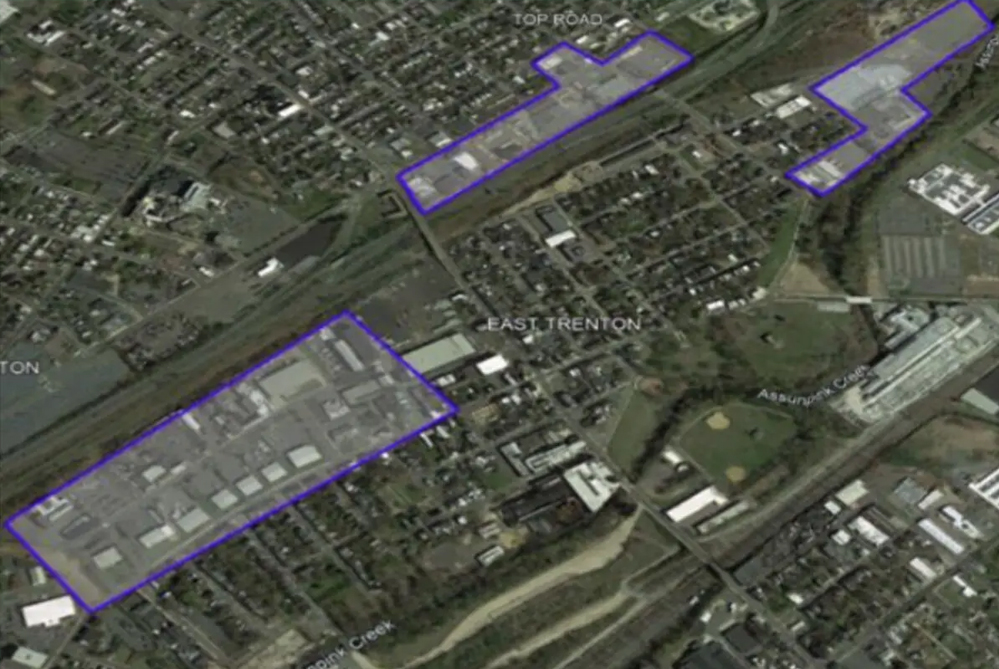The U.S. Environmental Protection Agency (EPA) is taking action after the discovery of lead contamination at Ulysses S. Grant Intermediate School in East Trenton. The findings prompted the closure of all play areas at the school, with plans to conduct student testing, as announced by Mayor Reed Gusciora.

In response to the situation, the EPA is collaborating with the school district to formulate a comprehensive plan for community protection. The agency is also working on a plan to enable children to safely resume using play areas that involve soil.
In December 2023, the EPA partnered with the Trenton Public School District to collect and analyze soil samples from two schools. Results indicated elevated lead levels in the soil at Ulysses S. Grant school, necessitating immediate action. However, soil samples from Darlene C. McKnight Elementary School showed lead levels that did not require immediate intervention.
EPA staff will be available at Ulysses S. Grant Intermediate School to address parents’ concerns and questions on Friday, February 9, 2024, from 4 p.m. to 6 p.m. Furthermore, the agency has scheduled a community meeting for parents and community members on February 21, 2024, at 6:30 p.m. at the school.
During the meeting, EPA officials will provide updates on the work completed to date and outline the next steps in their plan. Attendees will have the opportunity to ask questions and voice their concerns.
Lead Contamination Origins and Investigation
The EPA’s investigation into lead contamination traces back to the industrial history of East Trenton. In 2018, the agency began scrutinizing a former solder manufacturer but concluded that it wasn’t the source of the lead contamination.
Subsequent investigations in 2020 pointed to the pottery industry as a potential contributor to elevated lead levels. The EPA initiated sampling of residential properties and parks within the Top Road and East Trenton neighborhoods in 2023.
The pottery industry, thriving from the 1850s to the 1920s, was a key player in Trenton, particularly in East Trenton and Top Road neighborhoods. Lead, commonly used in glazes subject to high temperatures during firing kilns, may have been released into the air and settled into the soil downwind from the kilns. Soil containing ceramic pieces, used as fill material during neighborhood development, could also contribute to lead contamination.
The EPA’s ongoing efforts aim to address the immediate concerns, protect the community, and provide transparent communication to residents affected by the lead contamination issue.



